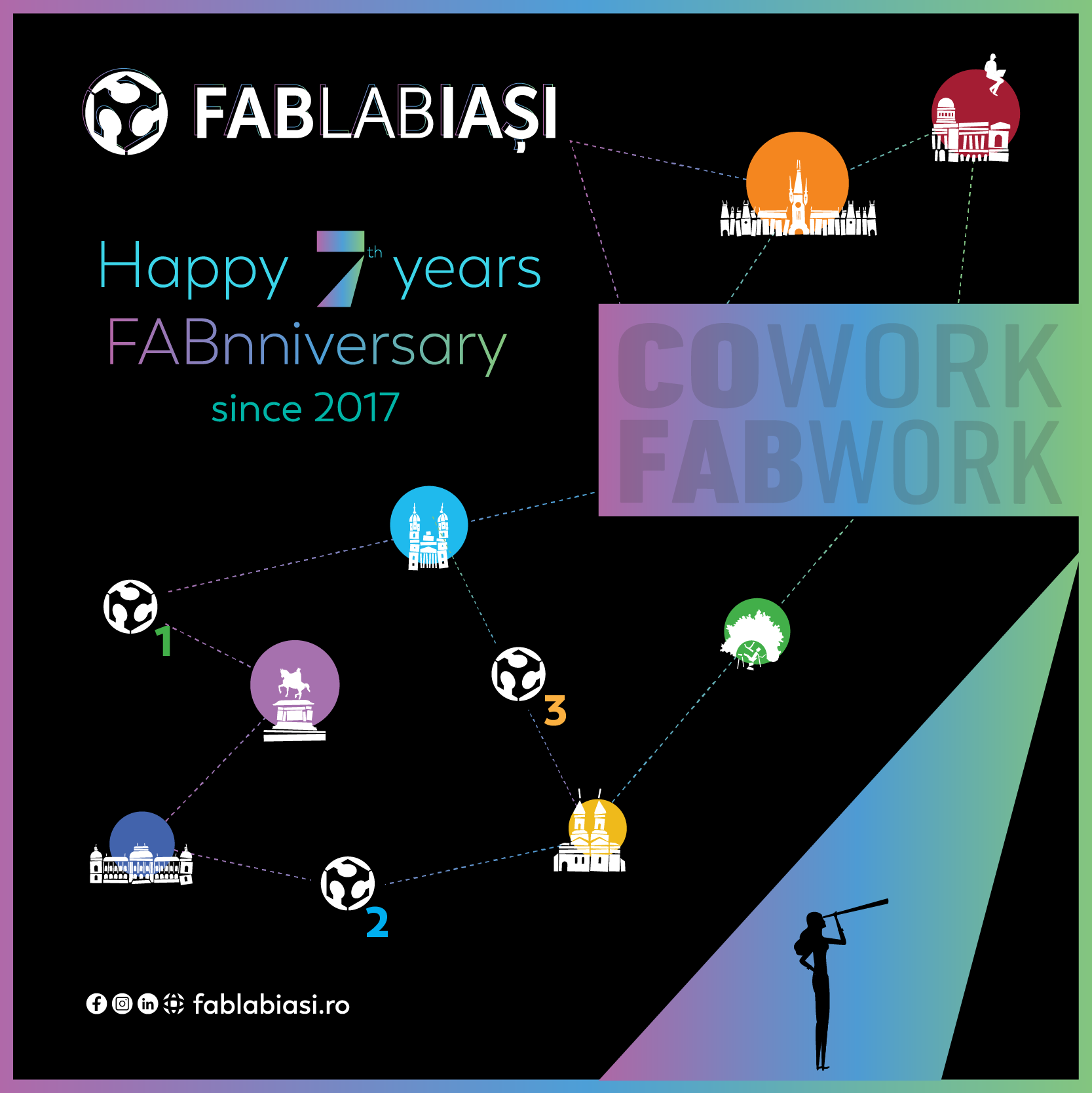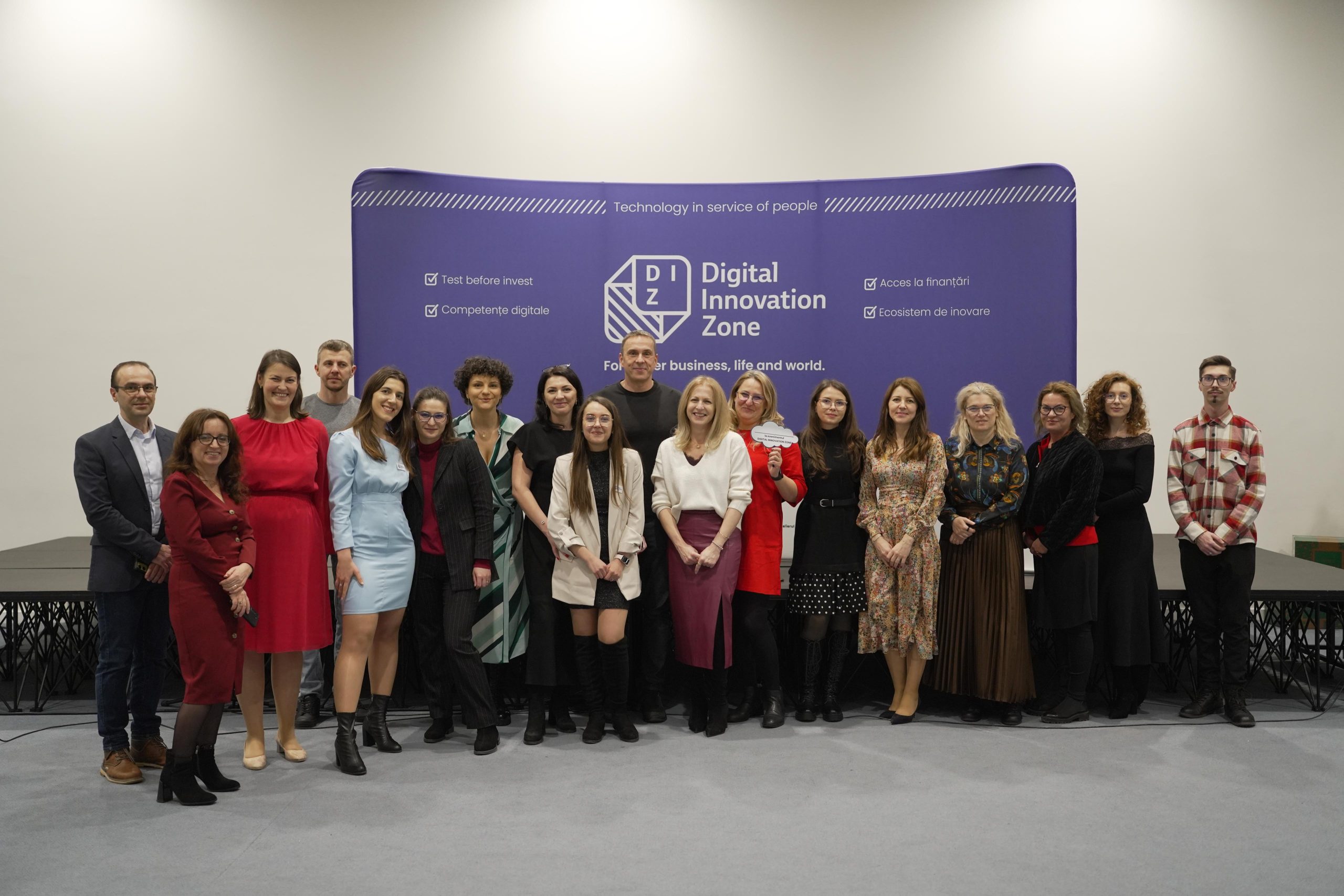In today’s digital world, interwoven connectivity and data drive transformation of nearly every industry. Machine learning, artificial intelligence, and “big data” demonstrate the potential to solve complex problems and deliver new insights at the rate of computing power.
While there is a great deal of opportunity for these technologies in clinical research, there is also significant untapped potential in an enterprise approach to effective workflow, analytics and other, more traditional software tools. Digital transformation in clinical trials demands equal doses of innovation and pragmatism.
One area where some of this potential lies is the understanding and management of the patient’s experience. The increasing complexity of clinical research means simplifying and personalizing the patient’s interactions, based on intelligence and insight along the “journey” of a study, can be a fundamental tool for recruiting and retaining trial participants. The implication is that evolving opportunities to engage and connect individuals create real financial and social benefit.
According to market intelligence firm IDC, worldwide spending on digital transformation technologies, including hardware, software, and services reached $1.3 trillion in 2017. The research company expects the total amount spent on digital transformation globally to approach the $2 trillion mark in 2022.1
With the rise of the Internet of Things (IoT) and connected devices in homes, the workplace, and everywhere in between, organizations across the globe need a “connected” digital strategy. Digitally improving the patient experience is the driving force behind Signant Health’s approach.

With more than 20 years delivering proven clinical research technology, Signant Health (formally CRF Bracket) is rethinking the patient’s connection to everything from direct engagement to the research supply chain. Signant seeks to simplify the patient journey, whether directly, through sites, or through the management of material and technologies associated with a trial. This shifts the focus from electronic clinical outcome assessment (eCOA), eConsent, Patient Engagement, Interactive Response Technology (IRT), Clinical Supply Chain and Endpoint Quality to a suite of solutions with a single aim – simplicity.
Simpler patient interactions reduce patient burden, reduce stress and make trials easier to join in the first place. That simplicity also creates value for sponsors and CROs through lower dropout rates, improved compliance, shorter cycle times, and more reliable data. All stakeholders benefit from rethinking the role of technology in supporting patients and sustaining efficient, cost-effective, high-quality research. This involves viewing technology as a facilitator, as something inconspicuous that runs in the background, drives effectiveness and helps support an effective and simple patient journey. Unlike, for example, a retailer’s consumer relationship, it’s not about growing a long-term interaction, but likely more about the ability to reduce the burden of clinical research upon an individual’s daily life.
While the underlying technologies that might be employed in the conduct of a clinical trial are well understood and often commonly used in other industry settings, adoption in research tends to move slowly. Typically, risk-averse, clinical research buyers see new solutions and workflows as variability that, if not managed well, introduce risk into sizeable drug development bets. Barriers to digital advancement also include uncertainty over regulators’ expectations and requirements, and data safety/privacy concerns. Quality innovation and measurable value provide opportunities to overcome those concerns and accelerate adoption.
In fact, the future points to the gradual decentralization of research, using technology to extend the geographic reach of trials and reducing the need to be physically present in a site or clinic. These “hybrid” trials create additional benefits for all stakeholders by increasing the potential patient population – giving patients access to participate in what could be a therapy of last resort – and further decreasing costs. While it’s likely that sites will always remain central to research and essential for many therapeutic areas, telemedicine, devices and other digital tools further extend the power of research and simplify the patient journey. At the same time, future innovation in supply chain, critical site-based workflows and analytics have potential to link researchers and patients, delivering more reliable data, lower costs, and better-quality trials.
Signant is also committed to driving this evolution globally, and this commitment to local customers and world-class clinical research technology is evident following Signant’s recent honor at the European PIN awards for the second year in a row. Signant was named IT company of the year in Romania’s Regional IT & Outsourcing Industry Awards, celebrating the industry growth in Moldova and its positive influence on the community. Last year, CRF Bracket was recognized as the largest international company to open a new office in North East Romania. Since then, the business has grown significantly due to demand for patient-centric clinical research technology, together with experienced global logistics, translations and support. This second award further cements the impact the company continues to make on the region, including employing over 200 people as a leading employer in the region.
Seeing technology as a cohesive, organized network in support of the common interests of patients, sites, and biopharma sponsors might be counterintuitive to the latest buzzwords or trends, whether that’s hybrid trials, artificial intelligence, big data, or advanced mobile platforms. The critical questions all relate to ways that technology can simplify research through better serving its most critical participant – the patient. Process based, holistic thinking, not innovation for its own sake, has the most potential to move the industry forward and accelerate the adoption of powerful, fit for purpose technology.
For further information on Signant Health please visit www.signanthealth.com.
References
- IDC Worldwide Semiannual Digital Transformation Spending Guide – Technology Forecast, 2017H2 https://www.idc.com/getdoc.jsp?containerId=IDC_P32575
*****************
Who Is Signant Health?
The best technology succeeds in the background. Signant Health provides solutions that simplify every step of the patient journey to make it easier for people to participate in, and for sites and study teams to run, clinical trials. Signant unites eCOA, eConsent, Patient Engagement, IRT, Clinical Supplies and Endpoint Quality into the industry’s most comprehensive patient-centric suite – an evolution built on more than 20 years of proven clinical research technology. Our intense focus on the patient experience, deep therapeutic area expertise and global operational scale enable hundreds of sponsors and CROs (including all Top 20 pharma) to extend the reach of drug development, expand patient opportunities and improve data quality – helping them bring life-changing therapies to our families and communities around the world. Take a significant step toward patient-centricity at signanthealth.com.
CRF Health and Bracket are now Signant Health.





























